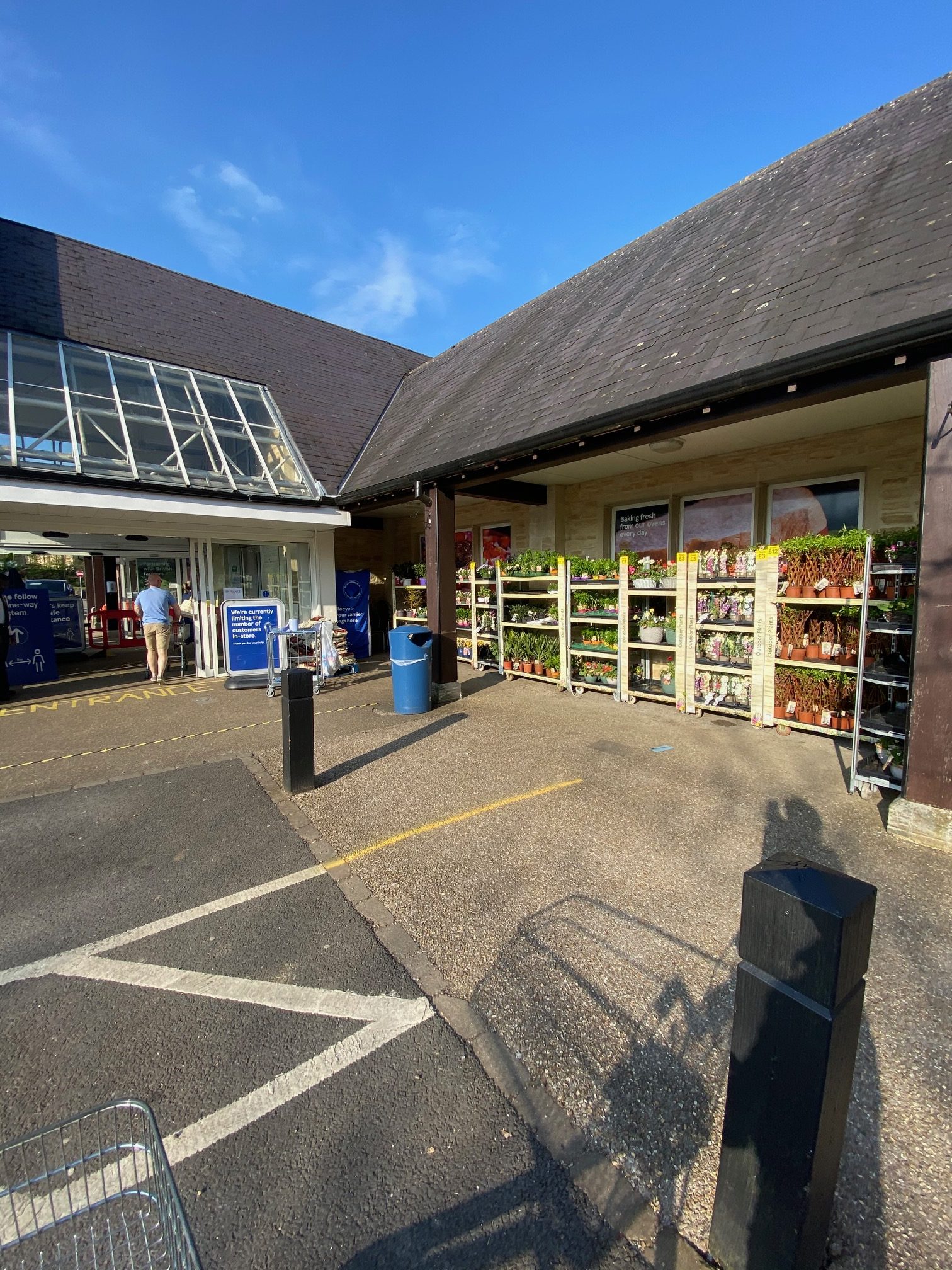One of the biggest challenges facing our government is unpicking the lockdown. As it dawns on us that lockdown will not kill or overcome COVID-19 the new reality of what our society looks like moving forward is slowly being appreciated. Every study is showing we are slowing the peak and giving our doctors and nurses time to cope with the pandemic, but also that, whenever we resume normal life the virus will still exist and create future peaks – but hopefully in a form we are prepared for. Some are already asking if the sacrifice is worth it.
Testing is an interesting measure of the infections growth rate, however when the vast majority of us are told to self-isolate and are hence not counted, the testing almost becomes a double-edged sword. On one side the testing gives an indication to how fast it is spreading, whereas the other argument is the more people you test the more positive results you get, as more people than we realise have had it. Which I believe China are currently experimenting with, but with the opposite goal in mine; the fewer people you test, the lower the reported total and hence the report you are winning! While I think anyone would view any statistics coming out of China with a pinch of salt, it does show that no matter how draconian the restrictions and lockdown, at some point you need to reverse it. At this point all the same challenges in controlling the virus and human interaction immediately return.
While scientists would rightly argue for a yearlong lockdown, the reality is that every day our economy is losing £2.4BN and millions of businesses and people are losing a lifetime of prosperity. The challenge our government is facing is not an easy one. Too lenient and they risk undoing the good social distancing has had on reducing the peak of the virus; keeping it in place too long and risk people coming back to no livelihood and a lifetime of poverty.
My view has always been that restrictions would start to be lifted after the Easter weekend. While this may seem premature, especially with our Prime Minister and many others receiving intensive care, I do believe still this could be the start of a long but, if handled correctly, positive step to restoring our long-term economy while minimising further anguish and unnecessary deaths.
Firstly, there is the double standard. While supermarkets have found themselves at the forefront of offering an ‘essential’ service, the reality is they have done well in offering a wide range of goods and services that frankly are not essential. Milk, bread, butter, sugar, vegetables are staples and can be counted as essential. Potted plants and flowers are not. And while I am not arguing they should be taken away, there is a double standard which a measure, such as the current lockdown, doesn’t gracefully deal with.
Garden centres across the country are closed, and unable to trade, because they are not considered ‘essential’. However, they are selling some of the same products that the supermarket at the other side of the road are allowed to trade. Their products are time sensitive, the businesses are largely small independents, rather than large multinational brands, and they are located in large warehouses with outside spaces providing easy social distancing practices. Any marketing person could easily argue they are providing an essential service against mental welfare and for those fortunate enough for having a garden in getting them outside and keeping healthy.
Likewise trying to restore some kind of opportunity for the hospitality trade I feel can now be considered especially for those prepared to operate a number of sacrifices. For example, if you were to only sit half the number of dinners and take appropriate protections in the kitchen the reality is you can obtain high levels of social distancing. This could allow for a number to reopen, and while not at full capacity, start to bring in much needed income to keep these businesses afloat. Also it helps the whole support chain from the fisherman in Cornwall desperately trying to find a customer for their catch through to the distributors.
Secondly the concept of social distancing has started to hit the main lexicon for the country. Keeping this activity very much in the forefront of people’s mind, and especially in shaping business behaviour, will do a lot to prevent the second and third surges in CONVID-19 cases following the lift of any lockdown. The government should use the opportunity of Easter to start to drip feed exceptions to lockdown, and we can start on the journey of transformation to a working economy that isn’t reliant on bailouts, while maintaining social interaction.
Finally, for a vast majority of our businesses in the UK there is no silver bullet and no help on the horizon. As I have said before, while the government rhetoric has been spot on, the reality of ‘bailouts’ is difficult to quantify and especially for small businesses. While companies like Tesco will receive over £700M in tax breaks even though trade for them is booming, the smaller independent businesses will not. One of the companies, for example, I am involved in has had its building mis-valued by the VOA for business rates. Because of this the business doesn’t qualify for any government grants – so through no fault of the business it is not getting the much-lauded support and hence twenty jobs are at risk. Situations are like this across the country fuelling economists concerns that while trying to save life we are making a big sacrifice which we need to start to balance.
So while the government support is great in principle, the reality is that many millions of businesses risk going under if they are not able to start to trade soon. The economists are arguing against the scientists – while we will not win the virus war, only subdue it on every measure, we certainly are doing lasting damage to our economy which also has a dramatic impact on life. Let alone the decades of debt we are building which our children and possibly their children will be burden with.
So what to do? My view is to start to relax lockdown while spelling out a new reality. Social distancing is here and here to stay. Do white collar workers all need to be in the office on Tuesday after Easter? No. Could a few more of them travel occasionally to keep their business alive? I think so. Can restaurants, cafes, garden centres and high street stores start to apply lessons learned from the supermarkets in implementing social distancing and protecting staff and consumers from transmission? Of course. What we need to look at is that the end of lockdown is not a return to normality. This understanding of a new reality means that the sooner we embrace it, the sooner we can feel normal.





Leave a Reply